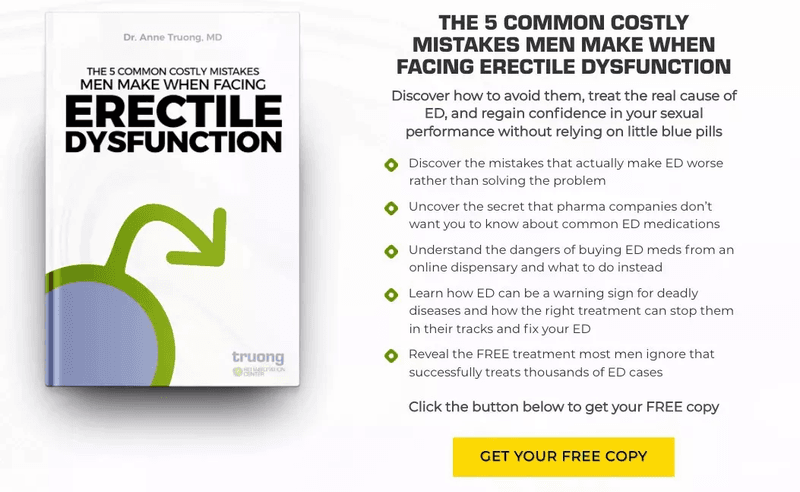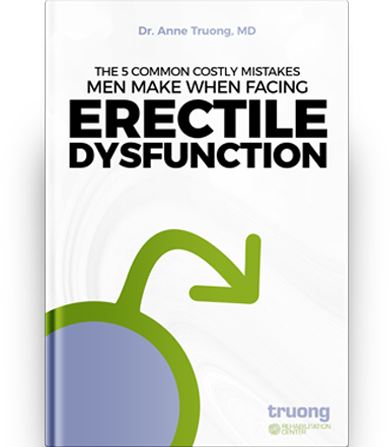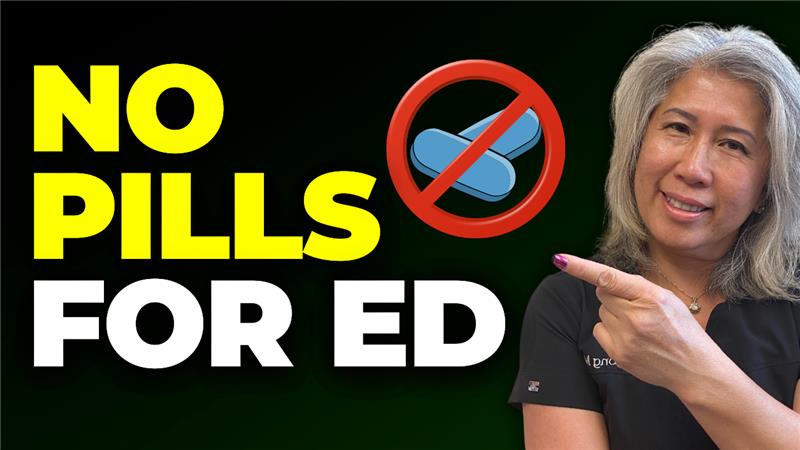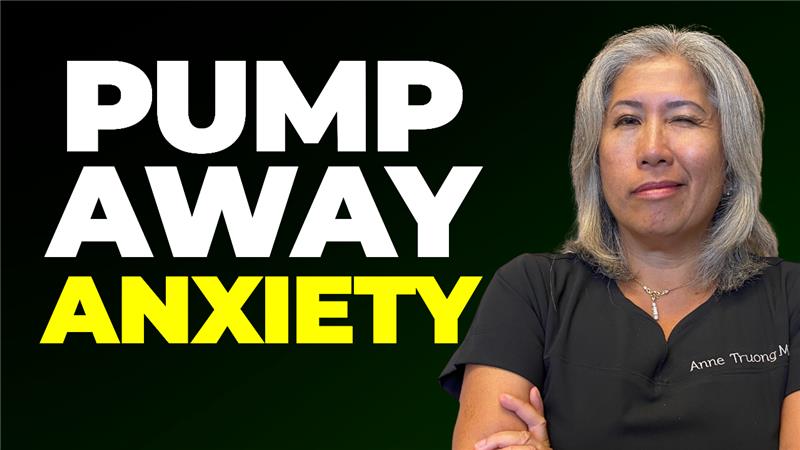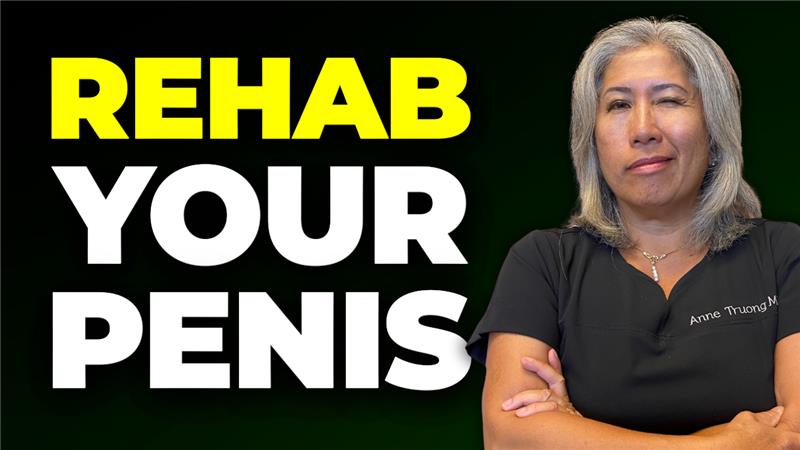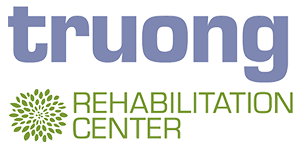What if the real reason behind your challenges in the bedroom has nothing to do with performance, and everything to do with what you don’t feel?
In this episode, we explore the surprising link between sensitivity and erectile dysfunction, revealing why many men are looking in the wrong place for solutions. You’ll hear a story of a man who struggled for decades and the key discovery that could help you avoid the same fate.
Curious about what’s really going on down there? Dive in now and find out what most men are missing when it comes to restoring their intimate health.
The Real Link Between Erectile Dysfunction and Sensitivity That Most Men Don’t Know
What if your erectile dysfunction isn’t just about performance, but about feeling less down there? If you’re like most men dealing with ED, you’ve probably wondered, “Why don’t I feel as much anymore?” or “Why does it take me so long to finish — or not at all?” You might think it’s just age or stress, but there’s a deeper reason that often gets overlooked, sensitivity.
One man recently walked in with a story that might sound familiar, he hadn’t felt much sensitivity in his penis for over 30 years. It took him more than 45 minutes to orgasm during sex. What seemed like a blessing at first eventually became a burden, straining his relationship and turning intimacy into a once-a-month routine. That’s not what anyone wants.
Here’s the good news. When you understand what areas are sensitive and how sensitivity plays into erectile dysfunction, you can start fixing the problem at the source.
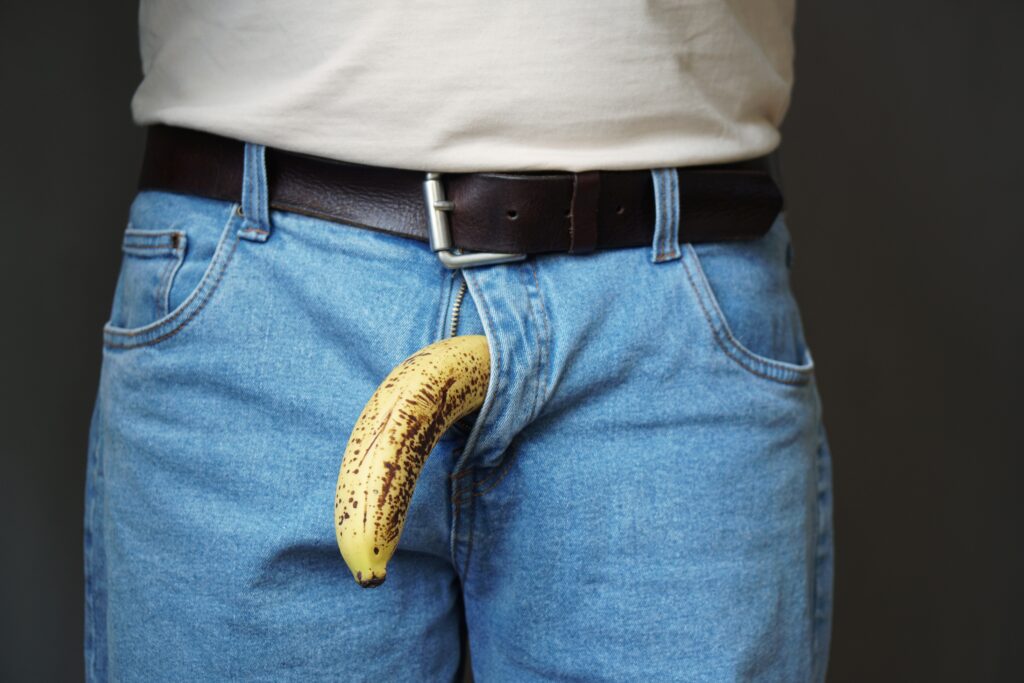
What Causes Sensitivity Loss in the Penis?
To get to the root of sensitivity issues, we first need to talk about testosterone. It’s your main male hormone, driving everything from libido to energy. But what many don’t realize is that it also plays a huge role in penile sensitivity and arousal.
If your testosterone is too low, you might notice numbness or a lack of sexual response. But here’s the twist, raising testosterone too high can also reduce sensation. That’s why balance is everything.
For some men, simply restoring their hormone levels through testosterone therapy brings back feeling and function. For others, additional steps like applying testosterone cream directly to the tip (glans) and underside of the penis can boost localized sensitivity.
The Most Sensitive Areas of the Penis You Might Be Ignoring
It’s not just the shaft. The most sensitive area of the penis is actually the glans, or the very tip. Right behind that is the corona, which is the ring-like edge of the glans, and then the frenulum, the small strip on the underside that many men overlook.
If you have a foreskin, that skin itself is packed with sensitive nerve endings. Other parts like the scrotum, the perineum (the space between the scrotum and anus), and even the prostate area can all play a role in your sexual response.
By focusing on these zones, especially during intimacy or therapy, you can often restore sensation and get a better, more satisfying erection.
Is Long Sex Always Better?
Delayed ejaculation could signal low sensitivity, and it’s just as frustrating as finishing too fast. Most people talk about premature ejaculation, but what about when it takes forever to finish? There’s a normal range, typically 5 to 12 minutes after penetration. If it’s consistently longer than 15 or 20 minutes, that could be a sign that your sensitivity is too low.
This doesn’t just affect you. It affects your partner, your confidence, and your overall relationship. And no, it’s not a compliment if sex becomes a chore.
Restoring normal erection function and pleasure means getting your hormones and nerve sensitivity checked, not pushing through with longer and longer sessions.
How Erectile Dysfunction and Low Sensitivity Are Connected
Erectile dysfunction is usually not about one thing. It can be caused by:
- Low testosterone
- Nerve damage
- Poor blood flow
- Diabetes
- Enlarged prostate
- Psychological issues
Sometimes it’s one, sometimes it’s a mix. A large prostate, for example, can press on the nerves near the base of the penis, dulling sensitivity. If you’re diabetic and don’t know it, your blood flow and nerves may already be damaged.
That’s why blood work is key. Get your testosterone, blood sugar, cholesterol, thyroid, and even prolactin checked. Don’t rely on pills alone. ED pills don’t fix the root cause, they just treat the surface.
How to Restore Sensitivity and Get Stronger Erections Without Pills
Here’s a little-known fact, you don’t need medications to get your erections back. What you need is to fix what’s going on inside.
Start by restoring your hormones. If your testosterone is low, therapy can bring it back up and improve sensitivity. For some men, adding a testosterone cream to sensitive areas helps even more.
Next, increase blood flow. Using a penis pump regularly brings oxygen-rich blood to your erectile tissues, keeping things alive and responsive. Massage the scrotum and perineal area to stimulate nerves.
And most importantly, fix your lifestyle. The four pillars of restoring sexual health are:
- A Mediterranean-style diet
- Exercise (30 minutes, 4-5 days a week)
- Better sleep
- Lowering stress with tools like box breathing or mindfulness
When your body runs well, so does your sexual health.
Final Thoughts
If you’ve been struggling with erectile dysfunction, there’s hope. But it won’t come in a bottle. You have to look inside, literally. That means checking your hormones, blood sugar, and nerves. That means understanding what parts of your body are supposed to feel, and how they can feel again.
You were designed to have strong, sensitive, and reliable erections. When you get to the root cause, you don’t just treat ED, you reverse it for good.
Frequently Asked Questions
- Can low sensitivity cause erectile dysfunction?
Yes. If you don’t feel enough stimulation during sex, your body may struggle to stay aroused. This lack of sensation can lead to weak erections or delayed orgasm. - How do I know if I have low sensitivity in my penis?
If sex feels less intense, takes longer to finish, or requires stronger stimulation to stay aroused, you may have decreased sensitivity. A medical exam and hormone test can confirm it. - Will testosterone therapy help me feel more?
It can, especially if your testosterone levels are low. Normalizing hormones often boosts penile sensitivity and overall sexual function, but too much testosterone can reduce sensation. - What part of the penis is most sensitive?
The glans (tip) is the most sensitive, followed by the corona, frenulum, and the foreskin (if present). Other areas like the scrotum and perineum are also highly responsive. - Is there a way to naturally restore sensitivity without pills?
Yes. Proper hormone balance, regular blood flow through pumping or massage, a healthy lifestyle, and stress reduction can all help improve sensation and performance naturally.
Additional Resources
Curious about how you can boost your bedroom game and build lasting confidence? Check out the Get Wood Now Boost course and start your journey to feeling like yourself again!
Ready to take control of your penile health? Enhance blood flow, prevent atrophy, and ensure long-term functionality with the SOMA penis pump. So, don’t wait – invest in your health today and experience the benefits! Click here to purchase your SOMA pump now!
Join me on a sexual revolution to empower men and women to regain our sexual power. The Modern Man Club is a place where I share my research-based secrets for sexual performance without medication or surgery.
The book is the 5 Common Costly Mistakes Men Make When Facing ED. This is how you can have a rock-hard erection, enjoy more sex, be confident in demand, and improve your intimacy without ED medication. Uncover it all in my FREE eBook available to download now: The 5 Common Costly Mistakes Men Make When Facing Erectile Dysfunction.
